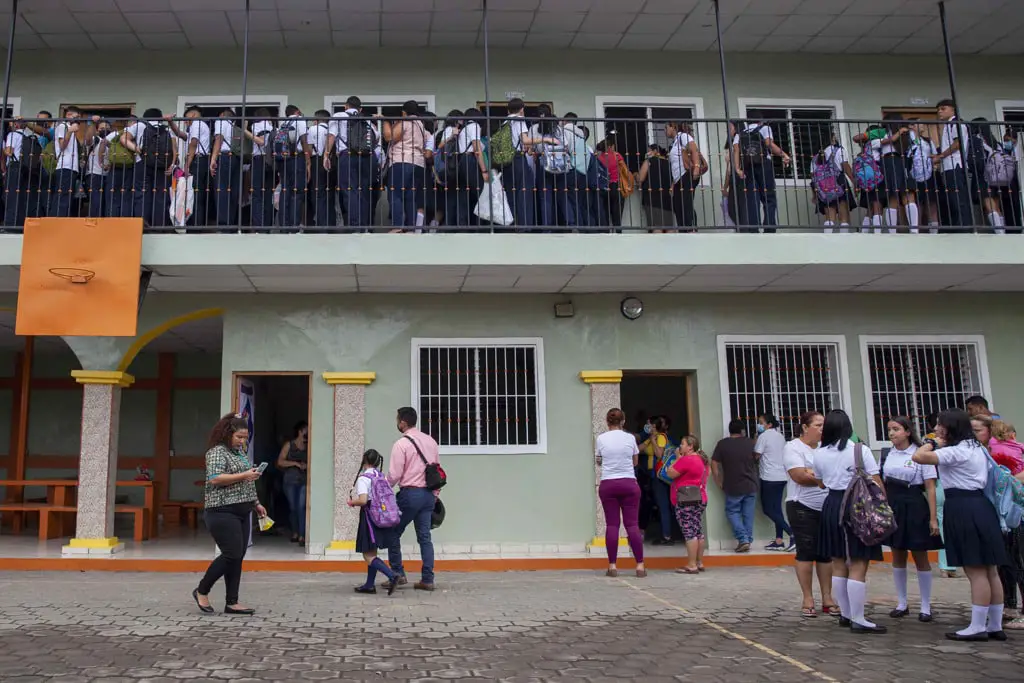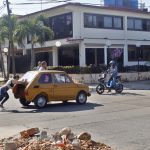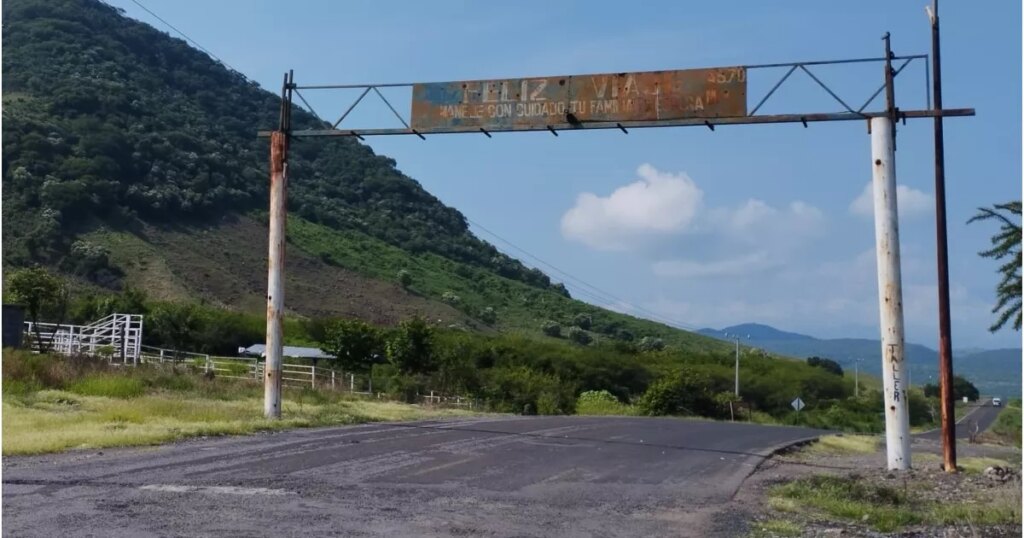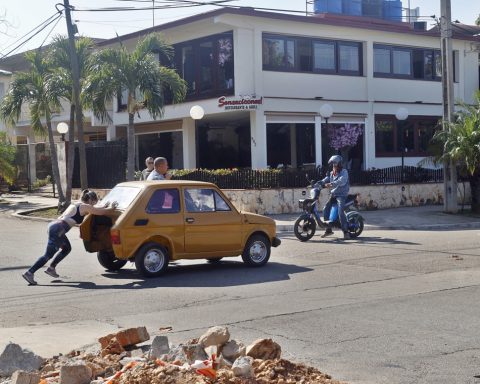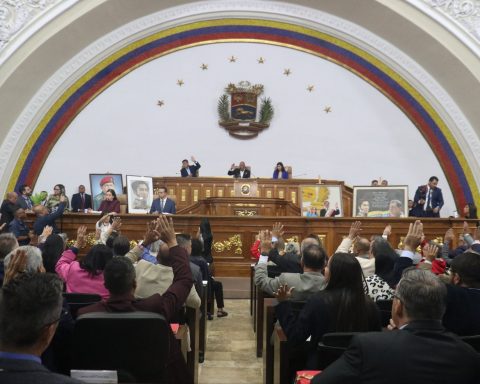The poverty in which around half live of families in Nicaragua, aggravated by the unstoppable rise in the cost of livingpushes the population –mainly women in charge of the home– to make the greatest efforts to feed their children and grandchildren, with the aggravation of January, when thousands of more cordobas have to be spent so that the children have what they need to return to class.
Three mothers and a grandmother who live in Managua, Ticuantepe and San Marcos spoke with CONFIDENTIAL about the increase in the cost of living in Nicaragua, which turns the basic food basket into a “luxury”. All of them have responsibilities to feed and send their children or grandchildren to school.
Everyone helps, but it is not enough for the household expense
In November 2022, Verónica Escobar began working at a podiatry clinic, hoping that she would be hired. Instead, in January she was told that she was most likely going to be fired from her.
While her employers make a decision, she continues working, receiving 52 córdobas for each patient she sees. One day this week she saw three patients. Sometimes none. Still, he hopes to keep the job, because “they made me take a five-month podiatry course, paying $10 tuition, $20 a month, plus a bunch of expensive tools you have to buy,” he says. .
Although her husband and two of her children work, they do not always generate income to complement household expenses. The couple has three children, but the return to school only represented additional expenses for the youngest (15), who is in the fifth year of high school.
In her case, she was able to provide her with skirts sewn by her sister, who sold them to her for 220 córdobas. Apart from her, she bought him polo shirts for 180 córdobas; shoes in 160; three pairs of socks for 50; a cloth backpack in 400; and a dozen university notebooks, six of which cost 28 each, and another four valued at 46 per unit.
“I haven’t bought him everything he needs, hoping to save a little. It is a relief to no longer have to uniform the older ones (he, 17; she, 22)”. He did not enter the university, and chose to study English, for work reasons. “The eldest wants to go to Canada, because they say that there is better treatment for migrants, and better opportunities,” he says.
Survey confirms high cost of living in Nicaragua
68% of Nicaraguans consider that the cost of living has risen “somewhat” or “a lot” in recent months in Nicaragua, according to data from a survey by the CID Gallup firm, carried out in the first half of January. Thus, the statistics corroborate the drama that thousands of families experience throughout the country to feed their loved ones, in a context in which 57% also believe that the family economy is “worse”.
In December 2021, the cost of the basic basket of 53 products Measured by the government’s National Institute of Development Information (Inide), it was estimated at 16,255 córdobas (457.99 dollars, at the average exchange rate for that same month). A year later, in December 2022, its cost had risen by 16.8% to 18,981 córdobas, or $524.31, based on the official exchange rate dictated by the Central Bank of Nicaragua.
“The perception of the cost of living it is related to the estimation of the course of the country: if the country is heading in the right direction, it has a better economic condition. Notwithstanding the foregoing, around seven out of ten informants –especially women– believe that the prices of basic household items have increased a lot,” the surveyor points out.
The survey data show that the negative perception of the direction of the economy is greater among women (73%) than among men (62%); and that the age group between 25 and 39 years old (whom the specialized company identifies as fathers and mothers with children in school to feed), feels more hit by the effects of the crisis: 72% of them resent the rise in the cost of living, while only 68% of those between 16 and 24 years old, and 64% of those over 40, think the same.
“The country’s economy is in crisis; unemployment deprives them of money for basic expenses. The foods that are part of the daily diet are already prohibitively expensive: cheese, beans, meat, vegetables, milk, are products that used to be consumed daily and can now be considered a ‘luxury’. Added to this is the increase in the cost of electricity, water, transportation,” complements the report by the Costa Rican firm.
The survey, in which Nicaraguans evaluate Daniel Ortega “ever worse”has a margin of error of +/- 2.78 points, was carried out between January 3 and 16, 2023. 1,204 interviews were conducted via mobile phone, between 8:30 a.m. and 8:00 p.m.
Recycling notebooks and backpacks
Isabel is a primary school teacher who lives and teaches in Ticuantepe. She has two children: the youngest, who is in second grade, and the oldest, who is in fourth grade. She lives with her partner.
The children study at the private school where she works, which allows her to have them close, and make the round trip with them. That represents a temporary relief to his finances, because the school gave him books on credit (242 dollars), as well as a part of the children’s uniforms (36 dollars), a debt that he will be able to pay in nine installments, with his salary of 6700 córdobas per month.
“We are lining and recycling the notebooks that were not finished last year to use this year, so we only had to buy six notebooks. Backpacks? They have last year’s. Lunch boxes, colored and graphite pencils, geometric cases, camisoles and socks were bought for them. Just on shoes for both of us and pants for the child, we spent 1,200 córdobas,” she details.
Although the couple planned to spend 6,000 córdobas, in the end it was not enough to buy the masks. Add to that the cost of snacks every day. “Luckily, they can walk to school, which is not very far,” she says.
Get them ready for school: He is more expensive than her
Elena Ticay is a single mother with three children, so feeding them –or even more difficult, seeing that they heal when they are sick– is a more arduous task that she cannot afford to give up, so having that covering an increasingly expensive basic basket is an uphill effort that he tries to solve by selling fruits and vegetables at home, although he was lucky enough to work a few days in a clothing store in the Iván Montenegro market.
The eldest of her three children, ten years old, is in the fifth grade. The girl of six, she started first grade. The youngest still doesn’t go to class. Luckily, because “everything is more expensive now,” says this single mother who lives in District 7 of Managua, noting that also this year, the uniforms worn by her children are more expensive.
Using memory, he recounts that the men’s pants cost 340 córdobas, the shirt 140, the T-shirt 180, and the camisoles 135. The jumpsuit cost him 230, and the backpack at 450 “the cheapest, although most were at 600” . He found the pair of shoes for 480 córdobas. In the case of the girl, he found skirts for 250 córdobas, the sweatshirt for 180 and a backpack for 380, also “the cheapest. In most cases they asked me for 480 or 500 córdobas”.
The medium-sized notebooks, which last year cost 40 córdobas per unit, —buying by the dozen—, this year they cost 50 córdobas. Although she has not been asked to buy them books, she knows that she will have to buy dictionaries, a geometric case, flipcharts, crepe paper and a ‘Pinocchio’ book, so that the girl can learn to read.
family effort
All the children of Carmen García, 64 years old and a resident of San Marcos, Carazo, are of legal age, but she feels the duty to watch over two of her grandchildren, who are in the first and sixth grades of primary school. She recounts with regret that “my son spent 3,000 córdobas (his payment for a fortnight in the free zone company for which he works) to buy part of his notebooks.”
Luckily, the mother was given a backpack with notebooks, supplies, and a tablet, because the boy is a good student, but anyway, we had to buy two shirts and a skirt for the girl, plus her notebooks and other school supplies. , as well as two shirts and pants for the boy, “but no shoes, because the ones he has are still good.”
Carmen knows that the children are not her obligation, but she helps her grandchildren when she can, as part of a family effort in which the godmother also participates, who sent sports shoes for physical education; as well as an uncle and an aunt —both from outside of Nicaragua— who also helped “enlist” the children.
